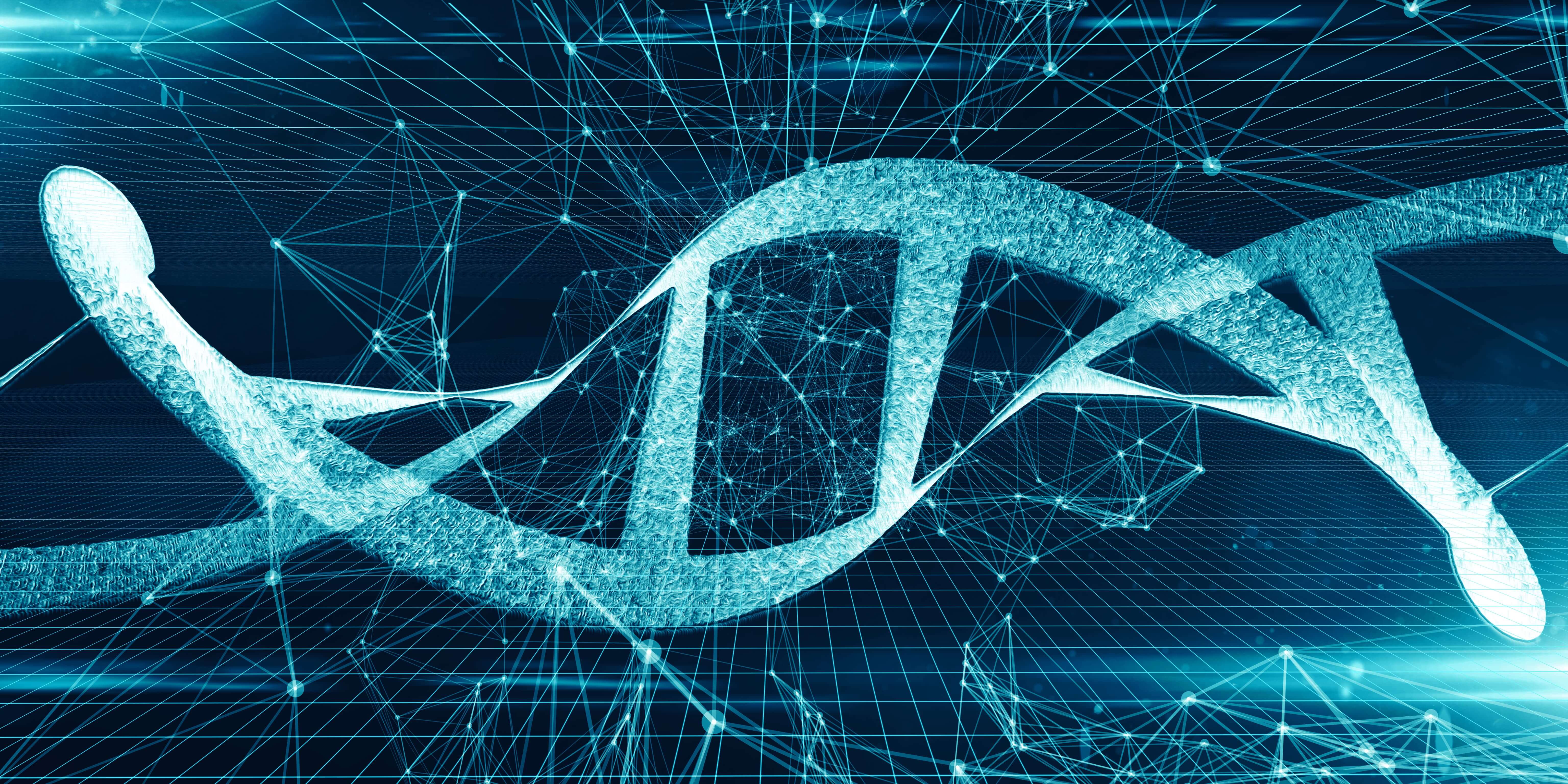Supporting Responsible Research Through Comprehensive Biosecurity

Researchers use synthetic DNA and synthetic biology tools to modify existing natural biological systems for useful purposes. The benefits of synthetic biology are many and profound, and provide important tools to develop new therapies and cures for diseases, renewable non-fossil fuels, alternative methods of chemical production that do not contribute to global warming, as well as agricultural crops that fertilize themselves and are disease resistant. While new tools such as CRISPR/Cas9 and TALENs have expanded the availability and use of synthetic biology, scientists began engineering biological systems using recombinant DNA more than 40 years ago, resulting in important medicines such as insulin and human growth factor.
Twist Bioscience provides synthetic DNA, in the form of oligonucleotides, genes and libraries, that accelerate responsible research across a wide range of applications – from biomedical research to data storage, agriculture to biodefense. With the tremendous promise of this technology comes great responsibility. As such, we have invested considerable time and energy to build and operate a comprehensive biosecurity program composed of seven key components.
Seven Pillars of Biosecurity at Twist Bioscience
Nationale und internationale Vorschriften
Twist performs rigorous biosecurity and export control screening to ensure that order fulfillment is consistent with all U.S. government guidance and regulatory requirements. Guidance includes the U.S. government’s Screening Framework Guidance for Providers of Synthetic Double-Stranded DNA and the International Gene Synthesis Consortium’s Harmonized Screening Protocol. The primary regulatory framework governing the control of synthetic DNA sequences is the U.S. Federal Select Agent Program (FSAP). In addition, as Twist Bioscience manufactures DNA in the U. S., the sale of synthetic DNA is subject to compliance with the U.S. Department of Commerce Export Administration Regulations (EAR) which define biological sequences that require a license prior to export from the U.S.
Collectively, these regulatory frameworks help ensure that sequences of DNA that pose significant risk if misused are not synthesized and shipped to unlicensed organizations.
Überprüfung von Sequenzen und Kunden
In order to prevent synthesis of potentially harmful sequences, it’s necessary to establish a comprehensive screening program. Twist Bioscience screens all double-stranded DNA sequences ordered to determine whether they are a portion of an organism deemed to be controlled for possession either domestically or internationally. These controlled organisms include smallpox, dangerous strains of avian influenza and other pathogens that pose a significant threat to animal, plant or human health. Possession of these controlled organisms is highly restricted and regulated.
If a controlled sequence or a portion of a controlled sequence is detected during our screening process, we stop the order process immediately and indefinitely, following up with the customer to verify their intended use and past publication record, as well as any licenses required to receive the sequence.
Additionally, screening is not limited to just the ordered sequences. Government lists such as the U.S. Treasury Specially Designated Nationals list, the U.S. State Department Denied Parties List, and the Department of Commerce Entity List are used to screen each customer, ensuring that synthetic DNA is not sold to potentially dangerous individuals or organizations. Twist also confirms the validity of each of the organizations to which we sell. Further, Twist requires that all customers agree not to resell synthetic DNA produced by Twist Bioscience unless they’ve been licensed to do so under specific contract. Twist will not conduct business if there is an indication that a customer would resupply a sequence.
Finally, Twist will not ship synthetic DNA to a residential address or to a P.O. Box - we ship only to valid commercial addresses.
Stellenbesetzung
Twist allocates personnel resources to ensure that employees follow all policies and procedures associated with its biosecurity program and to address any concerns that may arise. This includes a Trade Compliance Manager, a Screening Manager, and a Biosecurity Response Team.
Training
All employees of Twist Bioscience are trained at least annually on the policies and procedures required for trade compliance and the biosecurity protocol within the organization.
Meldung
We maintain relationships with several governing and industry bodies to address areas of concern, including the Federal Bureau of Investigation, the Centers for Disease Control and Prevention, the U.S. Department of Agriculture’s Animal and Plant Health Inspections Service, as well as the industry trade group, the International Gene Synthesis Consortium (IGSC), whose members—including Twist Bioscience—manufacture much of the world’s synthetic DNA. Of note, all IGSC members notify other group members of any suspicious orders received to prevent venue shopping.
Dokumentation und Aufbewahrung
Twist’s internal policies require that we maintain documentation for each biosecurity screen of an ordered sequence for eight years.
Red Teaming
Twist Bioscience regularly puts its biosecurity program to the test. Skilled consultants are engaged to try to subvert or overcome Twist Bioscience’s security measures — a practice that’s common in cybersecurity and is often referred to as red teaming.
In red teaming, consultants place real orders that are designed to subvert the screening process. Thus far, none of the expert’s obfuscation methods have worked, establishing that the system Twist Bioscience has put in place is robust to these efforts.
In Conclusion
Was denken Sie?
Gefällt mir
Gefällt mir nicht
Gefällt mir sehr
Überraschend
Interessant
